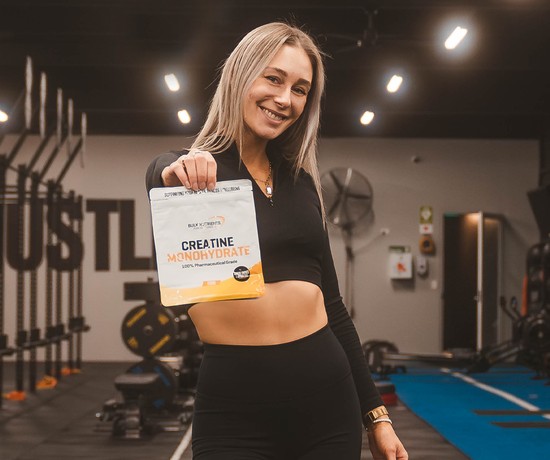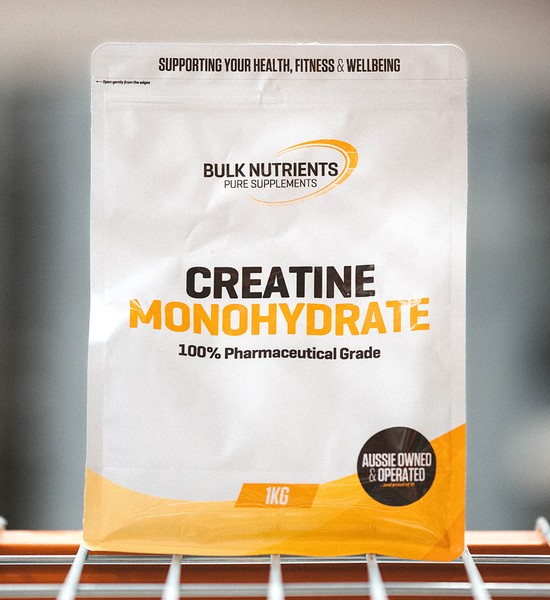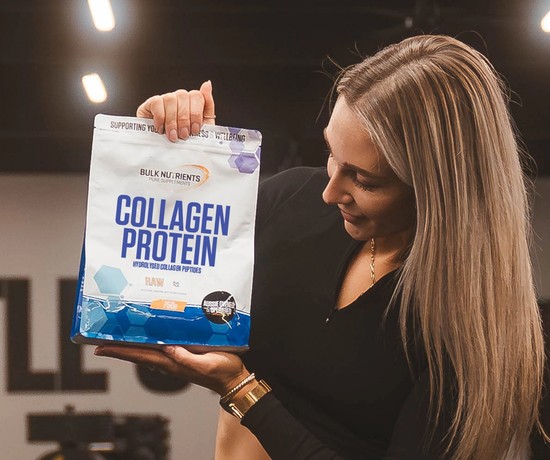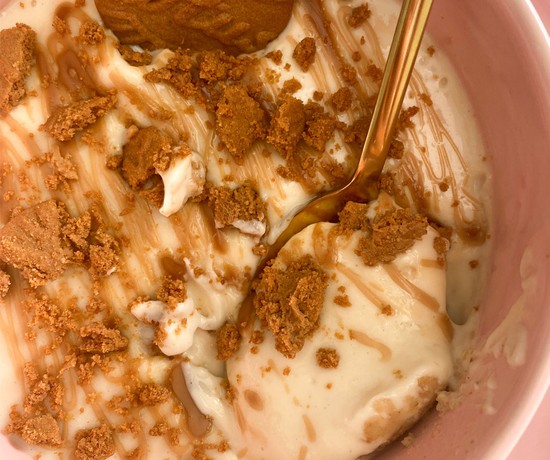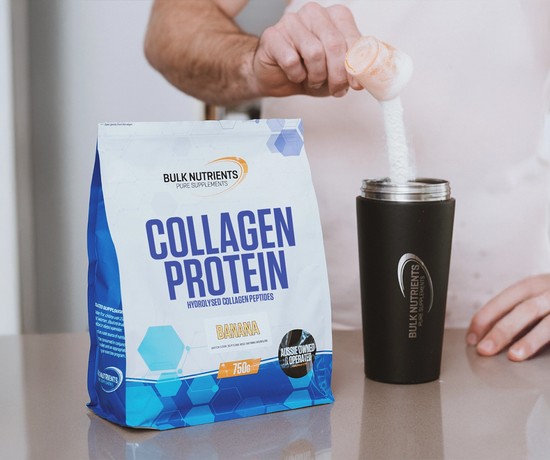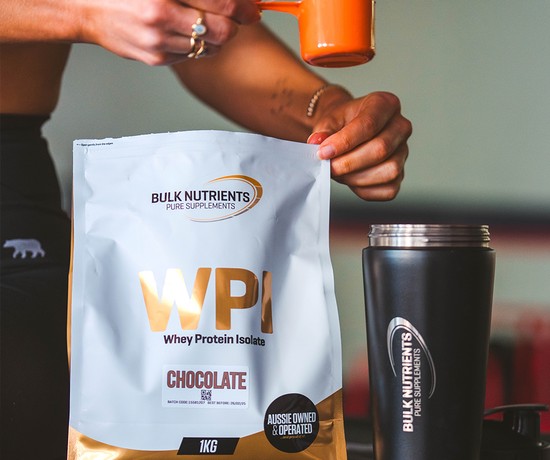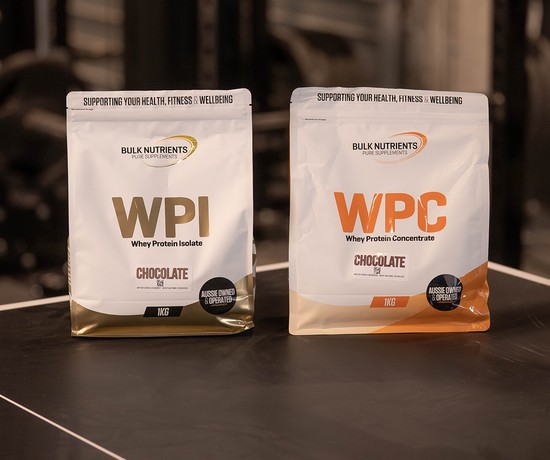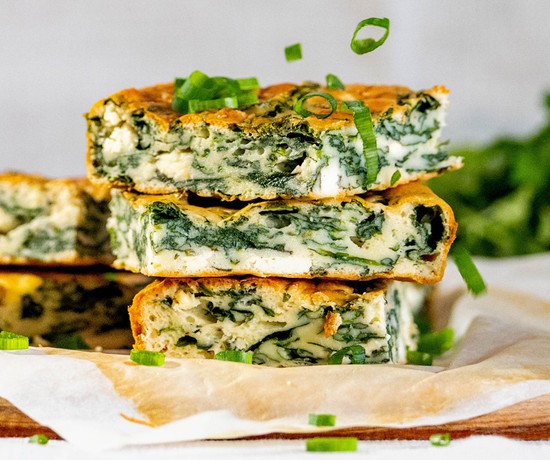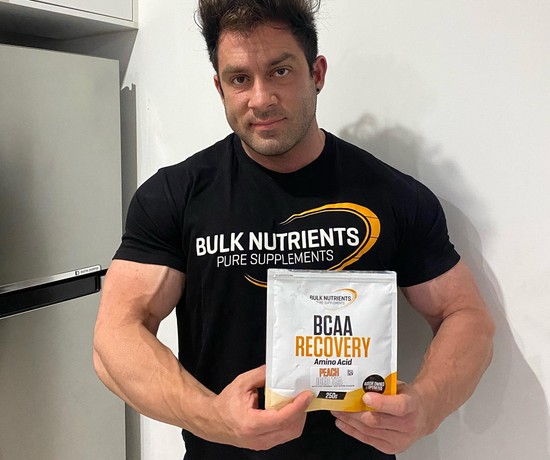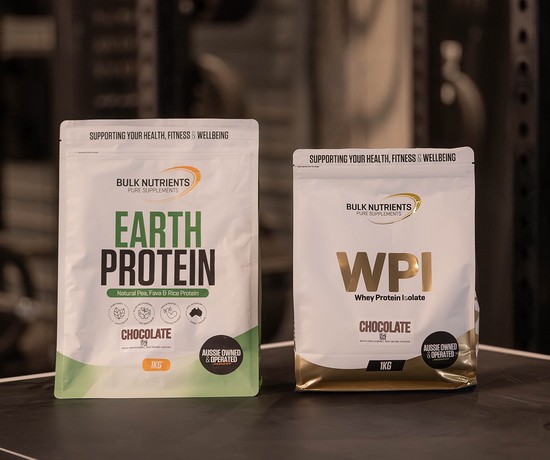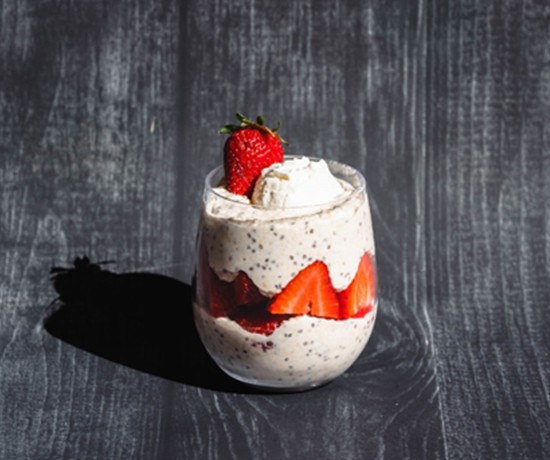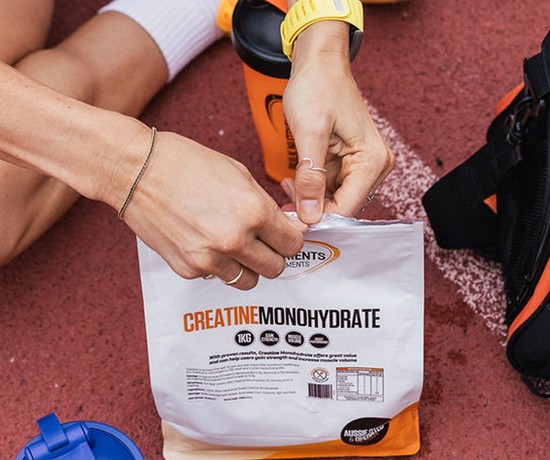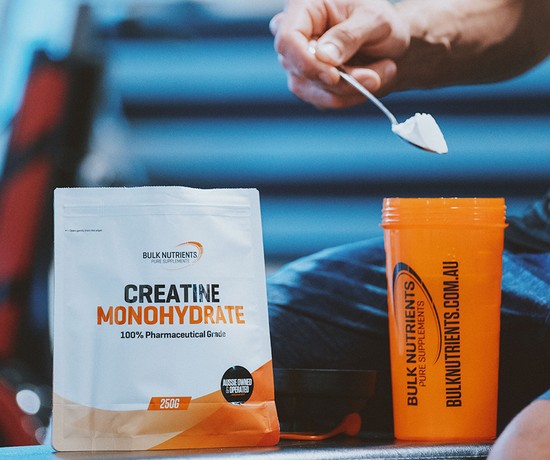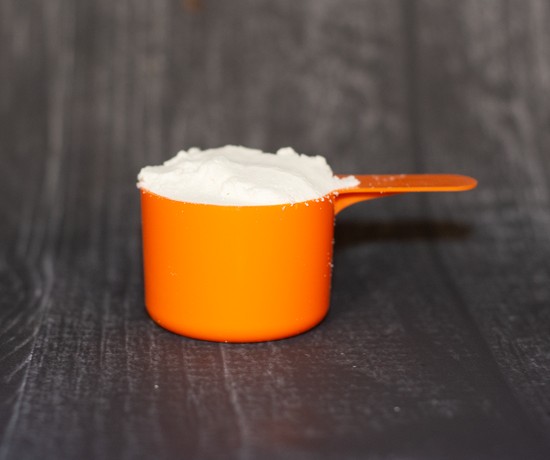More Than Just Muscle Fuel: Creatine for Brain Health

What is Creatine?
Creatine is a natural compound found in foods like red meat and fish, and our bodies make it too—in the liver, kidneys, and pancreas. Athletes love it for building muscle and enhancing performance, but recent studies show it’s not just about physical gains.
How Creatine Works in the Body
Creatine ramps up the availability of phosphocreatine, a high-energy molecule stored in muscles. During intense activity, phosphocreatine helps regenerate ATP (adenosine triphosphate), which is the main energy source for muscle contractions. But it’s not just muscles that need ATP—our brains do too. Creatine helps improve brain efficiency by boosting ATP.
Creatine For Cognitive Function
One exciting area of research is how creatine impacts cognitive function. Studies show it can boost memory, attention, and problem-solving skills. For example, a review published in 2018 found that creatine supplementation enhances working memory and intelligence in healthy people.
Creatine is also linked to better cognitive function in older adults. Research published in Sports Medicine in 2023 highlighted its potential to slow down age-related cognitive decline, making it a promising option for keeping your mind sharp as you age.
Creatine For Mental Energy and Clarity
Beyond cognitive function, creatine may give you more mental energy and clarity. Our brains use a lot of energy, and creatine ensures a steady supply, potentially reducing mental fatigue and increasing alertness.
Evidence from a review and meta-analysis in Frontiers in Nutrition suggests that creatine supplementation could have positive effects on attention and information processing speed.
Further research published in Nutrients found that creatine had a positive effect on oxidative stress, which can mess with cognitive function. By tackling these issues, creatine may help you feel more mentally clear and focused.

The Science Behind Creatine
Several studies have looked into creatine's brain health benefits. One study in 2011 found that creatine improves brain function in vegetarians and vegans, who often have lower creatine levels due to their diet. This suggests creatine might be especially helpful for those with limited animal protein intake.
Another study published in Cureus explored creatine's effects on depression. It found it had a positive impact, likely due to its role in energy metabolism and neuroprotection.
Limitations and Ongoing Research
While the evidence is promising, some findings are still in the early stages. Many studies have small sample sizes or focus on specific groups, like vegetarians or older adults. More research is needed to fully understand its benefits for everyone.
Also, the long-term effects of creatine on brain health aren’t well-documented yet. Some researchers think creatine might have cumulative effects over time, but this needs more investigation. Always chat with a healthcare professional before starting any new supplement.
Practical Tips for Supplementation
Now that you know a little more about creatine's benefits, how should you include it in your routine?
Choosing the Right Creatine
Not all creatine supplements are the same. For brain health, choose a high-quality form like Creatine Monohydrate, the most researched and effective type. Look for pure products without additives.
Creatine Nitrate is also worth considering for its better solubility and absorption, though more research is needed on its brain benefits.
Dosage Recommendations
For cognitive benefits, a typical creatine dose is 3-5 grams per day. This amount is generally safe and effective for most adults. If you're new to creatine, start with a lower dose and gradually increase to find what works best for you.
Consistency is key. It takes time for creatine to build up in your system, so take it daily for several weeks to see noticeable improvements in cognitive function and mental energy.

Nick is Bulk's Customer Service team's Technical Support Officer.
Which is our way of saying he's the guy whose job it is to answer your obscenely technical supplement questions.
More about Nick TelescaReferences:
- Avgerinos KI, Spyrou N, Bougioukas KI, Kapogiannis D. Effects of creatine supplementation on cognitive function of healthy individuals: A systematic review of randomized controlled trials. Exp Gerontol. 2018 Jul 15;108:166-173. doi: 10.1016/j.exger.2018.04.013. Epub 2018 Apr 25. PMID: 29704637; PMCID: PMC6093191. https://pmc.ncbi.nlm.nih.gov/articles/PMC6093191/
- Candow DG, Forbes SC, Ostojic SM, Prokopidis K, Stock MS, Harmon KK, Faulkner P. "Heads Up" for Creatine Supplementation and its Potential Applications for Brain Health and Function. Sports Med. 2023 Dec;53(Suppl 1):49-65. doi: 10.1007/s40279-023-01870-9. Epub 2023 Jun 27. Erratum in: Sports Med. 2024 Jan;54(1):235-236. doi: 10.1007/s40279-023-01888-z. PMID: 37368234; PMCID: PMC10721691. https://pmc.ncbi.nlm.nih.gov/articles/PMC10721691/#Sec3
- Xu, C., Bi, S., Zhang, W., & Luo, L. (2024). The effects of creatine supplementation on cognitive function in adults: A systematic review and meta-analysis. Frontiers in Nutrition, 11, 1424972. https://doi.org/10.3389/fnut.2024.1424972
- Arazi H, Eghbali E, Suzuki K. Creatine Supplementation, Physical Exercise and Oxidative Stress Markers: A Review of the Mechanisms and Effectiveness. Nutrients. 2021 Mar 6;13(3):869. doi: 10.3390/nu13030869. PMID: 33800880; PMCID: PMC8000194. https://pmc.ncbi.nlm.nih.gov/articles/PMC8000194/#sec7-nutrients-13-00869
- Benton D, Donohoe R. The influence of creatine supplementation on the cognitive functioning of vegetarians and omnivores. Br J Nutr. 2011 Apr;105(7):1100-5. doi: 10.1017/S0007114510004733. Epub 2010 Dec 1. PMID: 21118604. https://pubmed.ncbi.nlm.nih.gov/21118604/
- Juneja K, Bhuchakra HP, Sadhukhan S, Mehta I, Niharika A, Thareja S, Nimmakayala T, Sahu S. Creatine Supplementation in Depression: A Review of Mechanisms, Efficacy, Clinical Outcomes, and Future Directions. Cureus. 2024 Oct 16;16(10):e71638. doi: 10.7759/cureus.71638. PMID: 39553021; PMCID: PMC11567172. https://pmc.ncbi.nlm.nih.gov/articles/PMC11567172/#sec3


